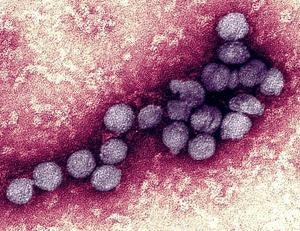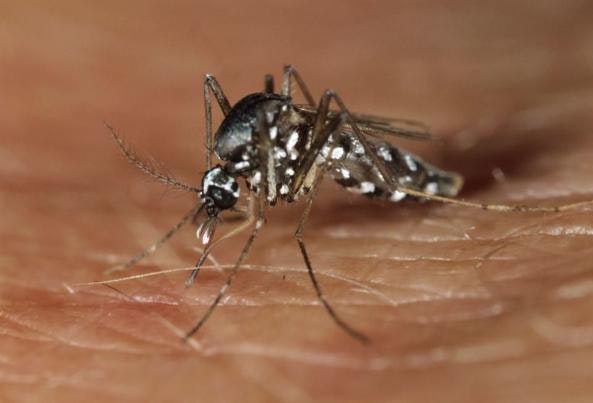West Nile Virus: How Climate Change May Be Contributing

Here's something else that may suck more because of climate change: mosquitoes. And when mosquitoes suck more they may be more likely to transmit pathogens like the West Nile Virus (WNV).
Here's something else that may suck more because of climate change: mosquitoes. And when mosquitoes suck more they may be more likely to transmit pathogens like the West Nile Virus (WNV).
Mosquitoes sucking more is not the only thing affecting the spread of WNV that may change with climate change. As Slomit Paz summarized in publication in the Philosophical Transactions of the Royal Society B: Biological Sciences, many mosquitoes like it hot and wet. This may sound dirty, because it is. When the temperature and humidity are higher, mosquitoes may not only feed more frequently but also reproduce more. They also may become infectious sooner after acquiring WNV.
Climate change seems to be giving horny mosquitoes what they want. As the NASA Global Climate Change website summarizes, over time there's been progressive increases in temperature as well as the frequency and intensity of heat waves around the world. Meanwhile, precipitation patterns have changed with average rainfall having gone up in many locations such as the Northern U.S.
All of this could be helping expand the habitats for the mosquitoes that can carry and transmit WNV through biting. A study published in PLOS ONEshowed how this could be occurring for the Culex quinquefasciatus, one of the many different mosquito species that can carry WNV. Additionally, increasing the frequency at which mosquitoes bite and have sex (but not at the same time) makes them even more adept at spreading WNV.

Has climate change actually helped spread WNV? Unless you have a time machine and a gigantic air conditioner, you may think that proving this definitively could be
difficult. However, some historic numbers and observations are raising concerns about this potential impact of climate change.
